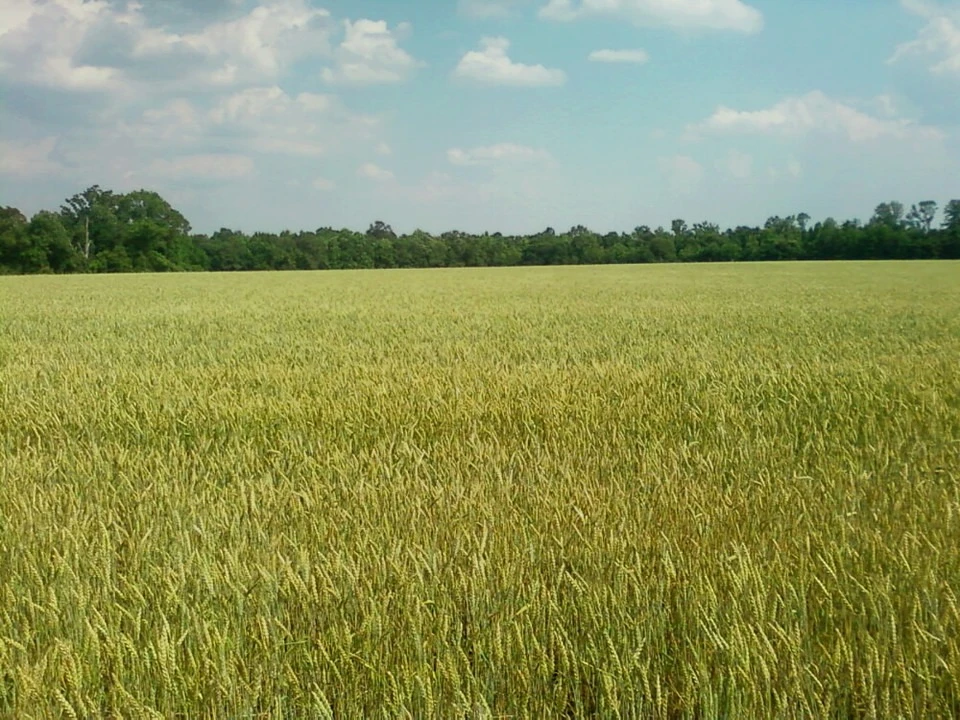Buying land in Zimbabwe can be a lucrative investment, whether for residential, commercial, or agricultural purposes. However, the process can be complex due to legal, financial, and regulatory considerations. This comprehensive guide will walk you through the A to Z of buying land in Zimbabwe, providing tips, statistics, and real-life examples to help you make informed decisions.
Why Buy Land in Zimbabwe?
Zimbabwe’s real estate market has shown strong growth in recent years. With a rising population and expanding urban centers, land has become a valuable asset. According to the Zimbabwe Statistical Agency (ZIMSTAT), urbanization is growing at an annual rate of 2.4%, driving demand for residential and commercial land. Investing in land can be a smart move, but it's essential to understand the steps involved to avoid costly mistakes.
1. Determine Your Purpose
What is the land for?
Before you begin the buying process, clearly define your purpose. Are you purchasing land for residential development, farming, or commercial ventures? Your objectives will influence the type of land you buy, the location, and any zoning requirements.
Example
A buyer looking to invest in Harare's growing residential market might prioritize land in Mount Pleasant or Borrowdale, while an agricultural investor may focus on fertile land in Mashonaland East.
2. Research the Market
Understanding market trends is crucial before making an investment. Zimbabwe’s property market varies widely depending on the region, and prices can fluctuate.
Key Statistics
According to Knight Frank Zimbabwe, land prices in Harare's northern suburbs have risen by 12% in the last three years, driven by demand for high-end residential development. In contrast, rural land prices have remained relatively stable.
Tip
Compare prices in different areas to ensure you're paying a fair price. Use platforms like property.co.zw to monitor land listings and market trends.
3. Check Land Availability and Ownership Status
In Zimbabwe, land ownership can be complicated. You need to ensure that the land you are interested in is available for sale and free from disputes. Always verify that the seller has the legal right to sell the land.
Common Types of Land Ownership:
- State Land: Controlled by the government and may be leased or allocated.
- Freehold Land: Privately owned and transferable.
- Leasehold Land: Land owned by the state but leased to individuals for a set period (often up to 99 years).
Example
A buyer in Norton almost lost their investment due to unclear ownership records, highlighting the importance of conducting thorough due diligence.
4. Engage a Real Estate Agent
It's advisable to work with a licensed real estate agent who understands the Zimbabwean market and can help navigate the legal complexities. Agents can assist with property searches, negotiations, and paperwork.
Did You Know?
Over 70% of property transactions in Zimbabwe are facilitated by registered estate agents, according to the Estate Agents Council of Zimbabwe.
5. Due Diligence and Title Deeds
Before finalizing the purchase, ensure that the land has a clear title deed. You must verify that there are no legal disputes, unpaid taxes, or hidden liabilities. Visit the Deeds Office to conduct a title search, which will provide crucial information about the land’s ownership history.
Tip
If you are unsure about the documentation, hire a conveyancer (a legal professional who specializes in property law) to guide you through the process. This step is essential to avoid future complications, such as ownership disputes or boundary issues.
6. Understand Zoning Regulations and Permits
Different areas are zoned for specific uses, such as residential, commercial, or agricultural. Ensure that the land you’re buying is suitable for your intended use and complies with zoning laws.
Example
A developer purchased land in Ruwa for a housing project only to find that the area was zoned for agricultural use, leading to delays and additional costs.
Tip
Check with the local council or planning authorities to confirm the zoning status and whether you need special permits for development.
7. Negotiate the Price
Once you've identified suitable land, it's time to negotiate the price. Keep in mind that land prices are often negotiable, especially in a buyer’s market. Use your market research and the expertise of your agent to get the best deal.
Statistic
According to a report by Zimbabwe Property Investments, 32% of land buyers in 2023 were able to secure discounts by negotiating effectively, particularly in developing areas like Chitungwiza.
8. Make a Payment Plan
After agreeing on the price, the next step is to organize the payment. In Zimbabwe, payments are often made through bank transfers, but ensure that you follow the legal procedures and avoid informal payments.
Types of Payment:
- Cash Payment: For buyers who can pay the full amount upfront.
- Installments: Some sellers offer payment plans where the buyer can pay in stages over time.
Tip
If you’re taking out a loan to finance the purchase, ensure that you have a pre-approval from your bank before entering into any agreements.
9. Sign a Sale Agreement
Once the payment terms are agreed upon, a sale agreement is drafted. This document should outline the purchase price, payment schedule, and any conditions of the sale.
Tip
Have a lawyer review the sale agreement to ensure that your interests are protected and that it complies with Zimbabwean property laws.
10. Transfer the Title Deed
The final step is the transfer of ownership. After completing the payment, the seller must transfer the title deed to your name. This process is completed at the Deeds Office, where the transaction is officially recorded.
Statistic
The Deeds Office of Zimbabwe processes approximately 25,000 property transfers annually, with most occurring in urban areas such as Harare and Bulawayo.
Example
A buyer in Victoria Falls successfully completed the transfer process within three months, ensuring legal ownership of their new property.
Conclusion
Buying land in Zimbabwe can be a rewarding investment, but it’s important to follow the correct procedures to avoid legal and financial pitfalls. Whether you’re buying for development, farming, or investment, take the time to conduct due diligence, understand local regulations, and work with professionals to ensure a smooth transaction.
For up-to-date land listings and expert advice, visit property.co.zw, Zimbabwe's leading real estate marketplace.
 Continue with Facebook
Continue with Facebook
 Continue with Email
Continue with Email














